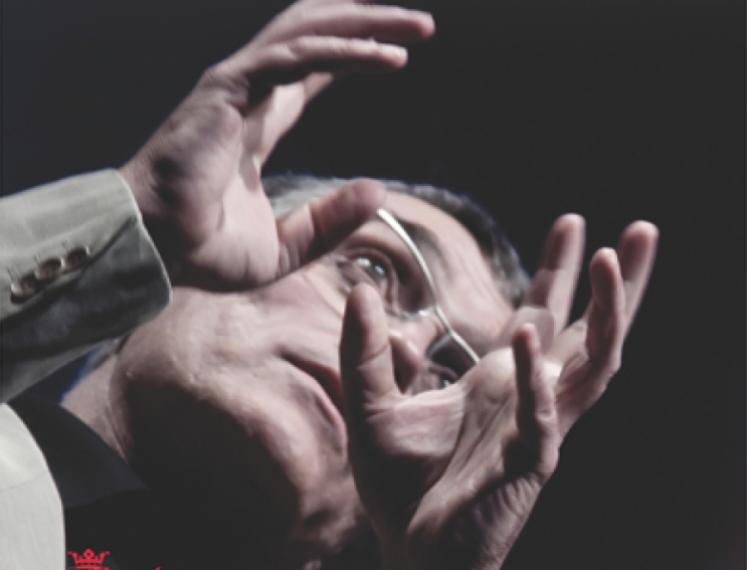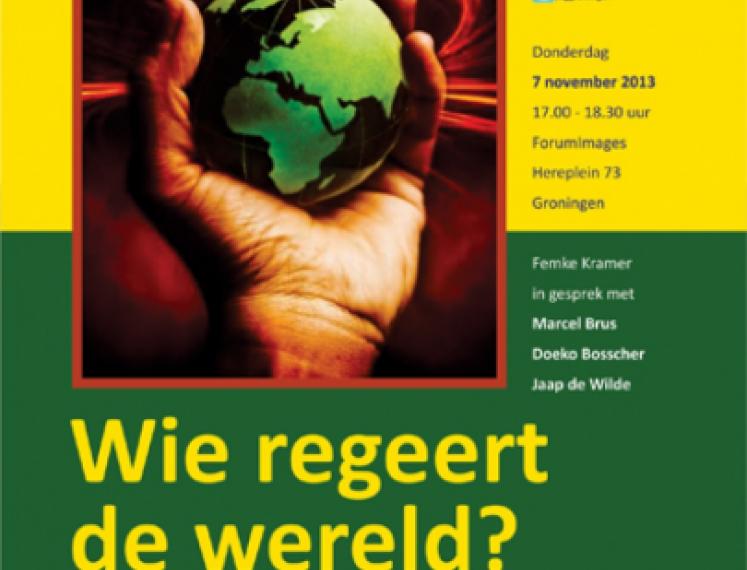Religion, Spirituality and Self-deception
Usually religion and spirituality are set in joined opposition to science. Thomas Metzinger argues that spirituality and science have much in common and religion is the outcast.
How should we address religion and spirituality in this age of evolutionary theory and neuroscience? Usually religion and spirituality are set in joined opposition to science. However, Thomas Metzinger will argue that spirituality and science have much in common and religion is the outcast. The intellectual honesty required for doing science is closely linked to what many would call ‘spirituality’. Both seek knowledge and truth. Spiritual persons do not want to believe but to know, it is a form of gaining knowledge about oneself. From this perspective, it is important to ask what – in the year 2012 – it means to face the facts presented to us by modern neuroscience and evolutionary theory: What does it mean to be intellectually honest, not to be willing to lie or fool oneself, or to build one’s life on deliberate self-deception? How do we face the changes in our self-image and the ethical consequences of all the new developments in the sciences without escaping in some kind of metaphysical Disneyland? Is there anything left? The most interesting question in this historical transition period is if science and spirituality can ever be reconciled.
Thomas Metzinger is currently Professor of Theoretical Philosophy at the Johannes Gutenberg-Universität Mainz and an Adjunct Fellow at the Frankfurt Institute for Advanced Study (FIAS). He is also Director of the Neuroethics Research Unit in Mainz and Director of the MIND Group at the FIAS. In 2008 he received a one-year Fellowship at the Wissenschaftskolleg zu Berlin (Berlin Institute for Advanced Study), is past president of the German Cognitive Science Society (2005-2007) and of the Association for the Scientific Study of Consciousness (2009-2011). His focus of research lies in analytical philosophy of mind, philosophy of science and philosophical aspects of the neuro- and cognitive sciences, as well as in connections between ethics, philosophy of mind and anthropology. In the English language, he has edited two collections on consciousness - Conscious Experience and Neural Correlates of Consciousness - and one major scientific monograph developing a comprehensive, interdisciplinary theory about consciousness, the phenomenal self, and the first-person perspective Being No One – The Self-Model Theory of Subjectivity. In 2009, he published the popular book The Ego Tunnel – The Science of the Mind and the Myth of the Self, which was translated in Dutch; De egotunnel.
He also published a three-volume philosophy textbook for students Grundkurs Philosophie des Geistes. For an extended overview of his publications, please visit his website.
Interesting links
Thomas Metzinger
Boek De egotunnel
Youtube TEDxRheinMain - Prof. Dr. Thomas Metzinger - The Ego Tunnel



